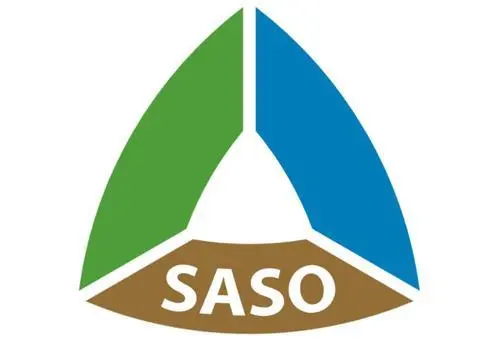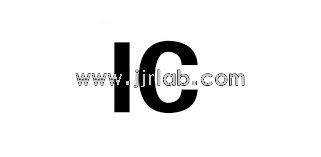
What is SASO in Saudi Arabia?
For companies looking to enter the Saudi Arabian market, saso certification is a crucial aspect to understand.
Introduction to SASO Certification
SASO certification is a system established by the Saudi Standards, Metrology and Quality Organization (SASO). Its main purpose is to ensure that products imported into Saudi Arabia meet the country’s quality and safety standards, protecting consumer rights and promoting fair trade. Products that obtain SASO certification comply with national standards and technical requirements, allowing them to be legally sold in the Saudi market.

What is SABER Certification?
1. SASO Certification is a general term for export certification to Saudi Arabia. SABER Certification refers to the conformity assessment program for non-Saudi companies (i.e., companies exporting to Saudi Arabia). Therefore, Chinese export companies need to pay close attention to the SABER certification program.
2. SABER is a newly introduced upgrade of the original SASO certification, set to replace the old system.
3. SABER is an online application system launched by SASO, acting as a network tool for product registration, issuance, and obtaining Conformity Certificates (CoC).
How to Determine if You Need SABER Certification?
According to SABER, products are categorized by risk level: high, medium, and low. Different conformity assessment procedures are applied based on the risk category, executed by various accREDited bodies.
1. Provide: Product name and (Saudi) customs code.
2. Query: Check the Saudi SABER website to see if the product is regULated. "Regulated" means CoC certification is needed; "Non-regulated" means only a formal certification is required.
SASO Certification Process
1. Application: Manufacturers or exporters must first submit a certification application to SASO or an authorized certification body.
2. Testing: Upon application approval, the product undergoes a series of tests in designated laboratories to ensure it meets the relevant standards.
3. Review: SASO certification bodies conduct a thorough review of the product's technical documents and test reports.
Factory Inspection Requirements
1. Quality Document Review: Submit the following documents:
- Test report (issued by a qualified third-party laboratory)
- Manufacturer/factory quality system certification and internal test report/quality certificate.
2. Pre-shipment Inspection: Submit the following application documents:
- Inspection application form, declaration of conformity
- Invoice or proforma invoice, packing list
- Signed and stamped declaration of conformity (DoC) on official company letterhead.
Inspection Scope
To ensure goods meet requirements beyond testing, such as labeling and packaging, the following items are inspected on-site:
1. Visual inspection of product surface quality and quantity.
2. Packaging labels.
Issuance of Certificates
If the inspection results are satisfactory and the documentation is complete, a draft certificate will be issued within 2-3 working days. After client confirmation, the original certificate will be issued and mailed within 1-2 working days.
Coverage of SASO Certification
SASO certification covers multiple fields and industries, including but not limited to:
- Electrical appliances: such as household appliances, electronic products, etc.
- Machinery: including industrial machinery, construction machinery, etc.
- Building materials: such as cement, steel, pipes, etc.
- Food: including various food products and packaging materials.
- CheMICals: such as chemical raw materials, detergents, etc.
- Automobiles and parts: such as vehicles, tires, spare parts, etc.
Products Prohibited from Export to Saudi Arabia
Products prohibited from export to Saudi Arabia include weapons, alcohol, tranquilizers, pork, brewing equipment, fireworks, Christmas trees, masks, video phones, toys depicting animals or humans, statues, etc.
Email:hello@jjrlab.com
Write your message here and send it to us
 Accelerated Ageing Test
Accelerated Ageing Test
 IP Ingress Protection Testing
IP Ingress Protection Testing
 How Does a Product Get an Energy Star Label
How Does a Product Get an Energy Star Label
 Is ROHS part of UL the same
Is ROHS part of UL the same
 What is Protection Class EN 60529?
What is Protection Class EN 60529?
 IP69 Certified Protection
IP69 Certified Protection
 California Energy Commission Testing Lab
California Energy Commission Testing Lab
 What Does the Canadian IC Mark Mean?
What Does the Canadian IC Mark Mean?
Leave us a message
24-hour online customer service at any time to respond, so that you worry!




